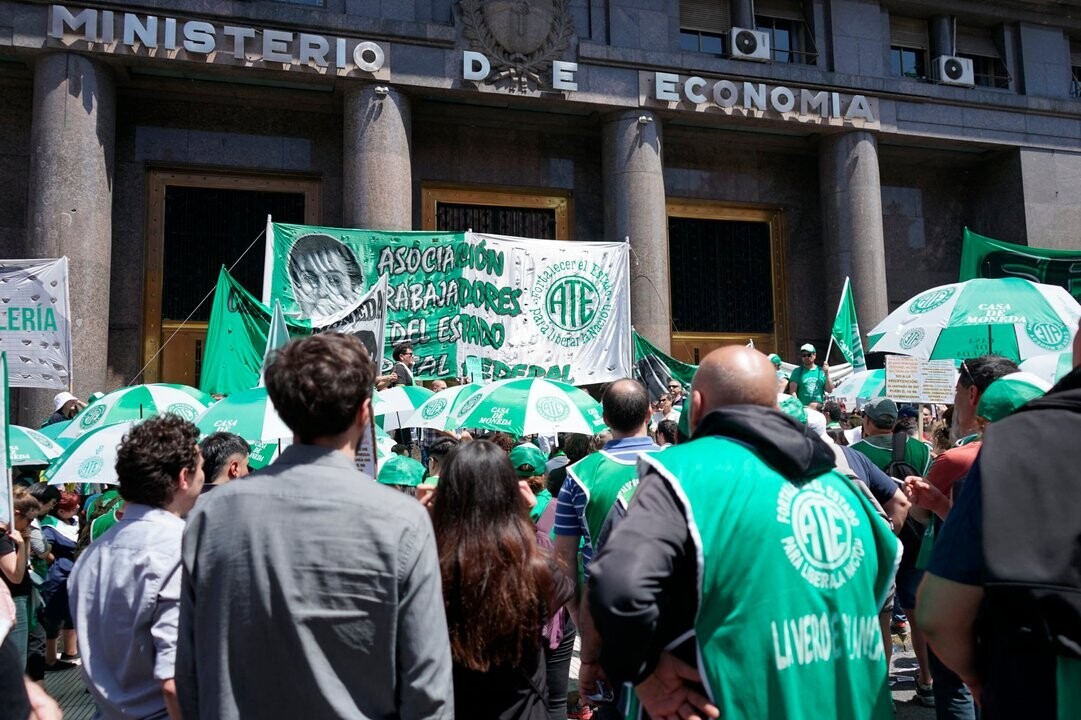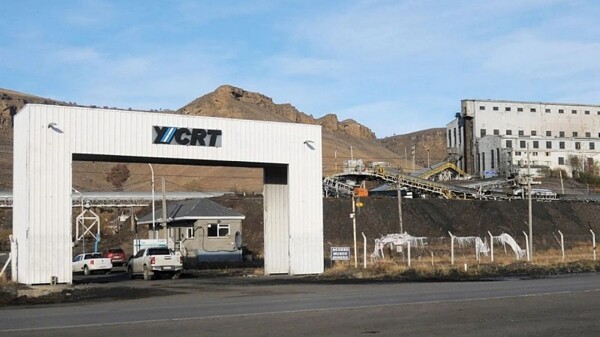
In mid-January, the National Government decided to place 150 state employees of the Ministry of Economy on standby due to the dissolution of the Undersecretariat of Ports and Waterways. Throughout the year 2024, a total of 37,595 public workers were laid off, distributed across Centralized Administration, Decentralized Administration, state-owned companies, and security and military personnel, according to official data.
Recently, the layoff of another 500 public employees was carried out as part of the dissolution of the Secretary of Territorial Development, Habitat, and Housing, as part of the policy to cut state spending. Resolution 150/2025, published in the Official Bulletin, formalized this decision to complete the closure of the area dependent on the Ministry of Economy, which had experienced reductions in its funding and programs over time.
In the words of the Minister of Deregulation and State Transformation, Federico Sturzenegger, the regulation involves the transfer of the plant of the secretariat to availability, with the elimination also of auditors contracted through universities. Sturzenegger highlighted the fiscal savings derived from this measure, calculating a considerable annual amount that will no longer be necessary to collect in taxes, benefiting the taxpayer and contributing to the reduction of public spending.
The official mentioned the importance of rationalizing public spending to decrease the tax burden on citizens and restore investment capacity to the private sector, following a line of work established by President Javier Milei. Sturzenegger criticized the work of the dissolved secretariat, describing the state construction of housing as a counterproductive housing policy that tends to isolate people from the labor market and fosters corruption.
This measure is part of Javier Milei's government's strategy to reduce public employment with the aim of optimizing state spending and adjusting its financial policies.














